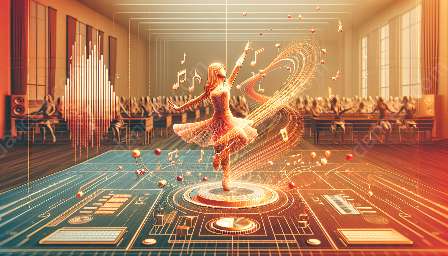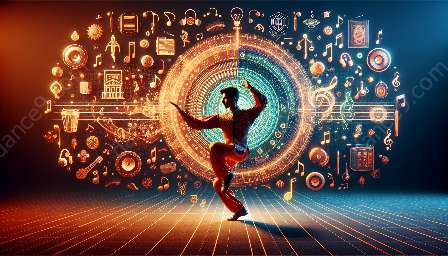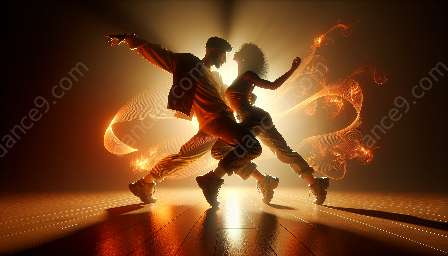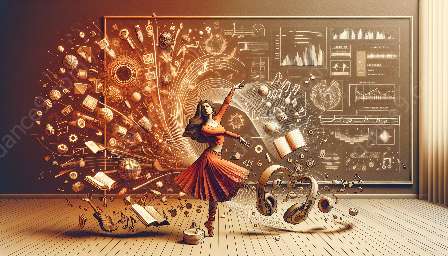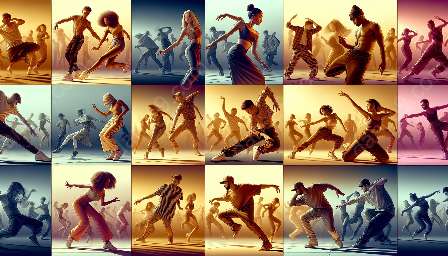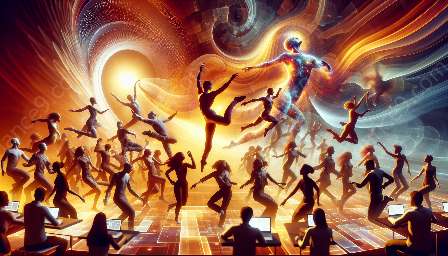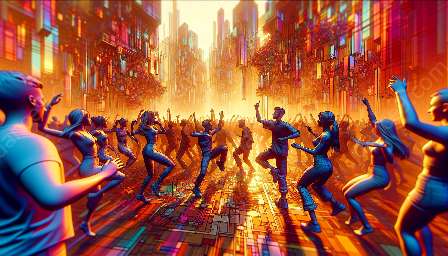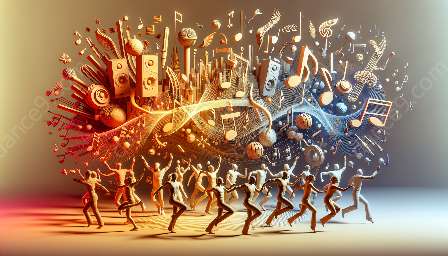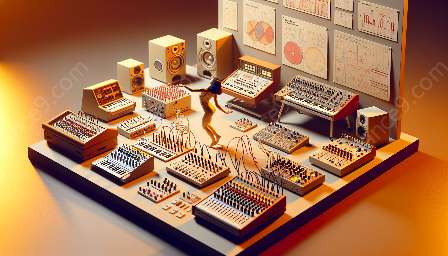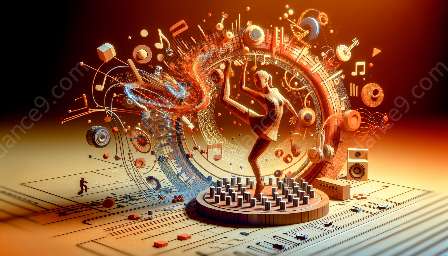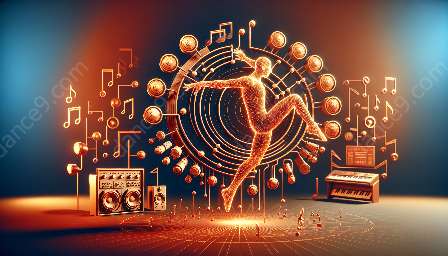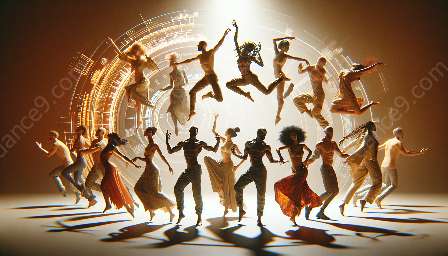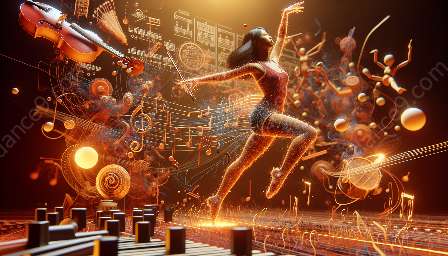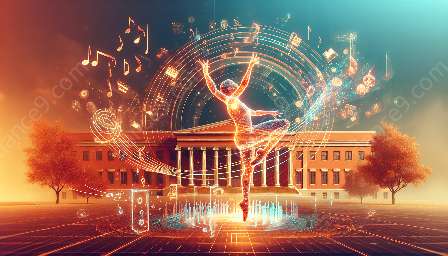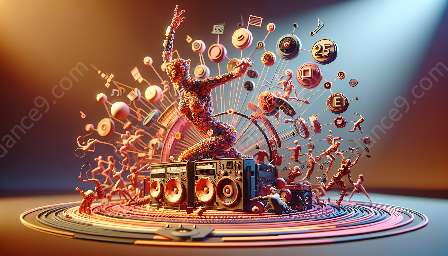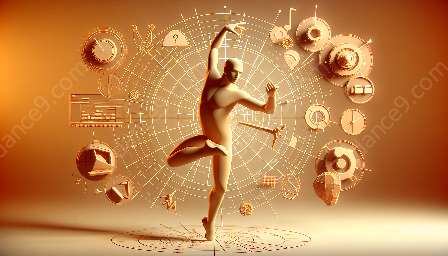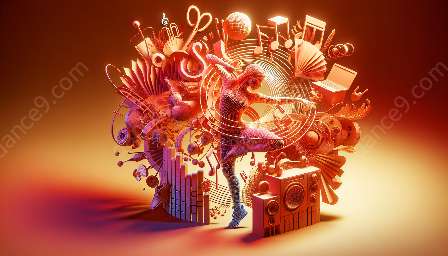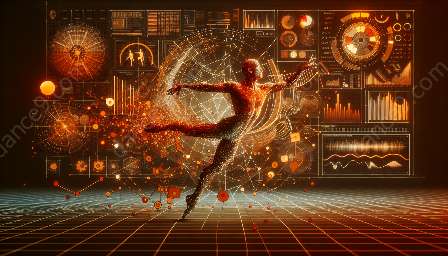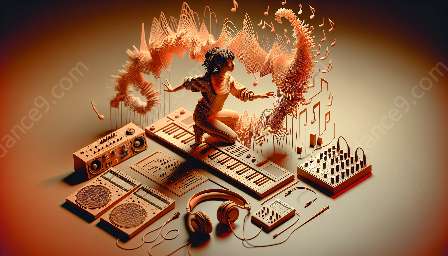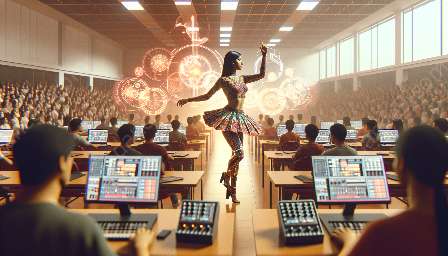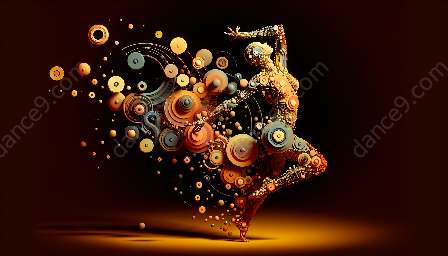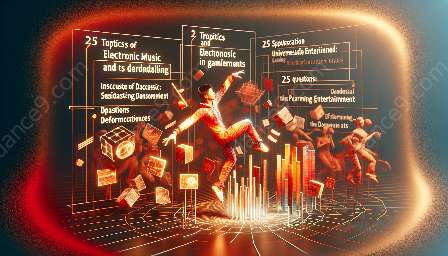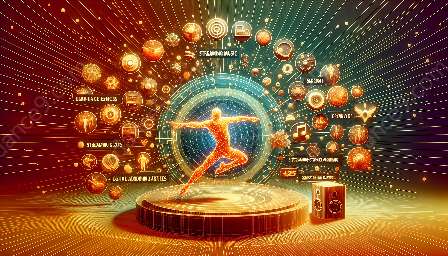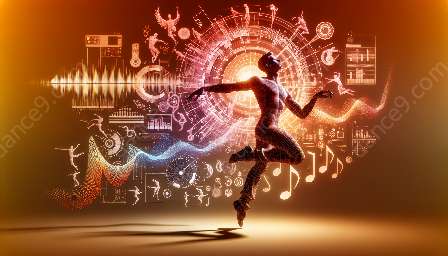Club culture plays a significant role in the development of electronic music, shaping the sound, style, and evolution of the genre. From the underground clubs of the 1970s to the modern-day electronic dance music scene, the influence of club culture on the electronic music industry cannot be overstated.
The Birth of Club Culture
The emergence of electronic music is closely intertwined with club culture. In the 1970s, pioneering DJs and musicians began experimenting with synthesizers, drum machines, and other electronic instruments, creating new and innovative sounds that were well-suited for the energetic and immersive atmosphere of nightclubs.
As electronic music gained popularity, clubs became the epicenter for the genre's growth and development. DJs and producers found a platform to showcase their music, and club-goers embraced the futuristic and immersive sounds of electronic music, leading to the birth of a vibrant club culture.
Club culture provided a fertile ground for the evolution of electronic music, allowing artists to experiment with new sounds, styles, and production techniques. The constant feedback loop between DJs, producers, and club audiences fueled the rapid evolution of the genre, leading to the emergence of subgenres such as techno, house, trance, and more.
Influence on Dance Music
Club culture has also played a pivotal role in the development of dance music. The high-energy, rhythm-driven nature of electronic music naturally lends itself to dancing, and clubs have served as the breeding ground for dance music culture.
From iconic dance floors to underground raves, clubs have provided a space for people to come together and express themselves through dance. The communal experience of dancing to electronic beats has been a driving force behind the growth of dance music, shaping the evolution of genres like disco, house, and later, EDM.
Connection to Electronic Music
The relationship between club culture and electronic music is symbiotic. Clubs provide a platform for DJs and electronic music artists to connect with their audience, test new tracks, and gauge the crowd's reaction to their music. In turn, club-goers play a vital role in shaping the direction of electronic music, as their energy and feedback influence the creative decisions of DJs and producers.
Furthermore, club culture has contributed to the globalization of electronic music, transcending geographical boundaries and uniting fans from all around the world. Iconic clubs and festivals have become destinations for electronic music enthusiasts, fostering a sense of community and shared passion for the genre.
Conclusion
In conclusion, the influence of club culture on the development of electronic music is undeniable. From shaping the sounds and styles of the genre to providing a platform for DJs and producers, club culture has been instrumental in the evolution of electronic music. The dance floors of clubs continue to be the epicenter of electronic music culture, driving its growth, and shaping its future.


